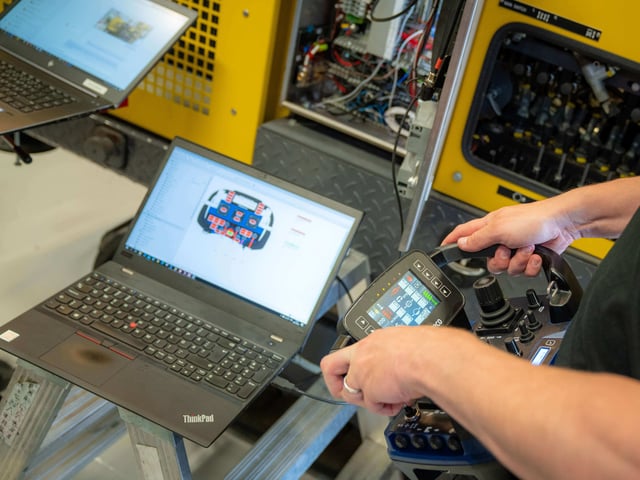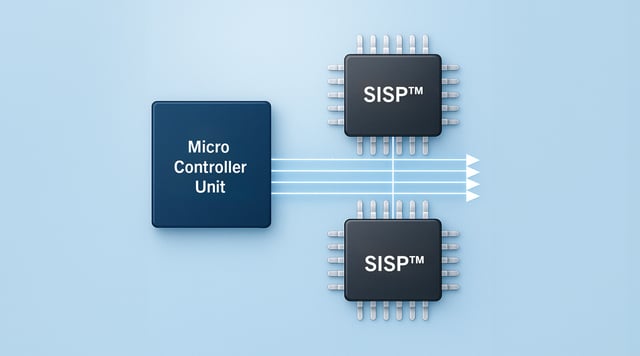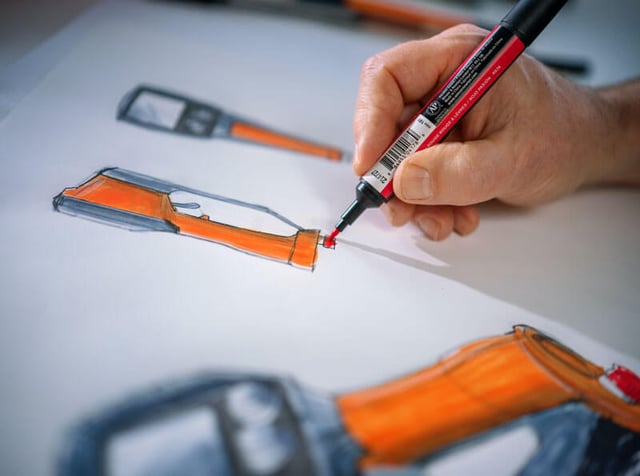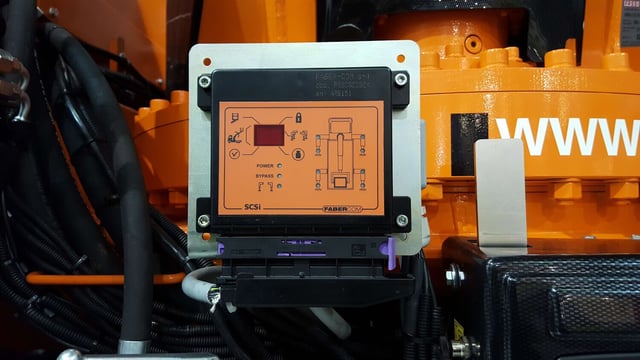The typical alarm disaster
Picture this: the machine stops working, a red LED starts blinking, and a buzzer goes off. What happened? An experienced operator might immediately realize they forgot to lock a function. But what about the inexperienced operator? Are they supposed to grab the manual, decode the blinking light, and figure it out? Meanwhile, that buzzer (if it can even be heard) is broadcasting to the entire job site that the operator doesn’t know what he or she is doing.
And the job? It’s on hold. The construction site is waiting for the operator to get out of the way.
We’ve seen alarms that shut down machines completely, leading to failed drilling or a crusher jammed with debris. In response, we’ve also seen operators get creative—bypassing emergency functions with makeshift wiring just to continue working. Human ingenuity is amazing when it comes to disabling alarms. Why? Because they distract and interrupts the job. From the operator’s perspective they are a nuance.
Your side of the coin
As a machine builder, you need to meet safety regulations. You must tick that box and move on. But a fix without deeper reflection can backfire, making your machine unreliable, unsafe, and inefficient. With more machines being rented to inexperienced operators, alarms must evolve into guidance systems instead.
"Don’t just read the manual—read the machine"
Nobody flips through a 200-page PDF in the rain. And yet, too often, alarms just say “E784 – see manual.” What if the operator understood what was happening before the alarm? When feedback is clear, intuitive, and timely, the manual becomes a backup—not the first stop.
Let’s design alarms that guide, not just warn.

The best alarm is no alarm
An operator shouldn’t need alarms—they should have information instead.
Instead of only showing the current machine temperature, display a trend line or an arrow so they can see if it’s rising. A demolition robot with a laser could show how many degrees it’s leaning, helping the operator see when it’s getting close to tipping. If the boom is too high, the interface could suggest lowering it to stabilize the machine.
Guidance and alarms add value to your machine. It makes fleet owners, rental houses the entrepeneur more confident when handing over machines to inexperienced operators.

But you only have one led and a buzzer…
If that’s the case, at least give the operator something useful:
- A plastic card with key instructions for common alarms.
- A QR code on the machine that links to the troubleshooting guide.
Every support call you get about an alarm is a failure. It wastes your time and frustrates the operator.
Alarms are compulsory
Of course, alarms are mandatory for certifications or safety standards. And an alarm should be the last resort—a signal that something is about to go very wrong.








